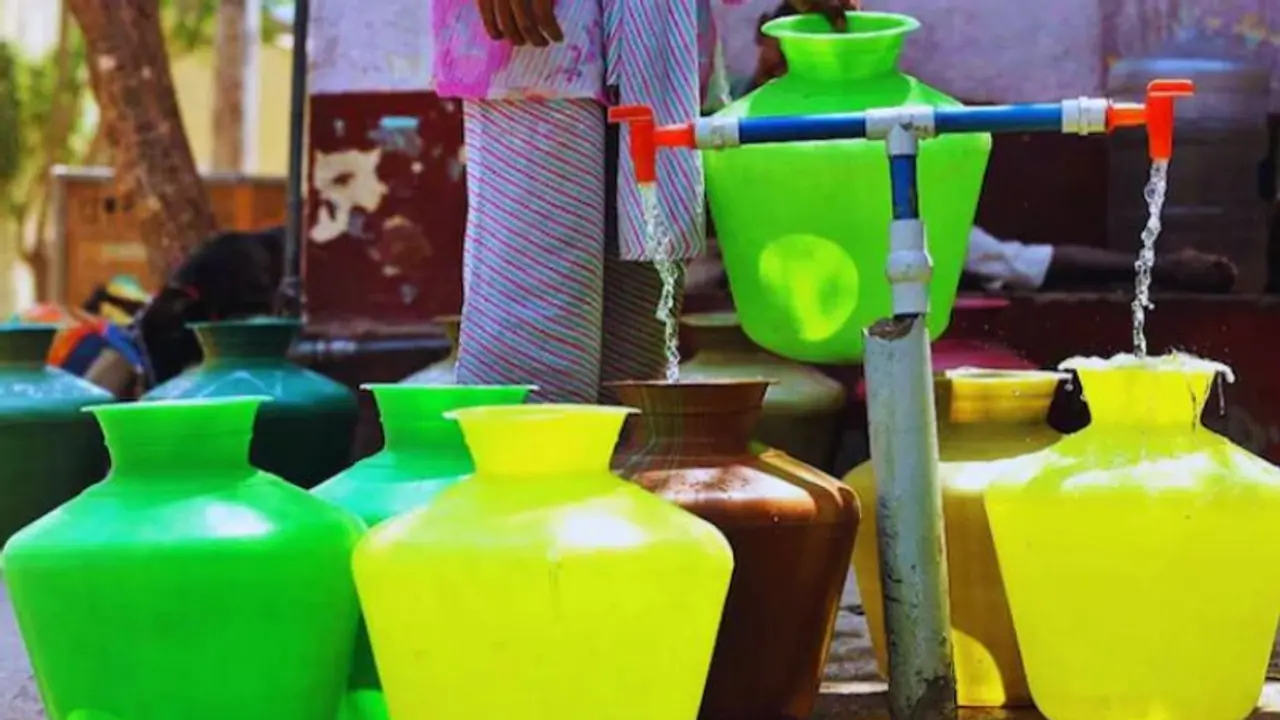Bengaluru hospitals like Vydehi and Fortis are facing severe water scarcity, relying solely on expensive water tankers due to drying borewells. Athreya Hospital also struggles, emphasizing water demand for patient care. Hospitals resort to innovative measures like recycling water for non-potable uses and installing additional borewells, amidst operational challenges and rising costs.
In the face of the ongoing water scarcity in Bengaluru, hospitals across the city are grappling with dwindling water supplies, prompting them to implement various strategies to mitigate the crisis. Dr. Ravi Babu, Chief Administrative Officer of Vydehi Institute of Medical Sciences and Research Centre in Whitefield, highlighted the challenges they face, stating that their daily water requirement amounts to 10 lakh liters, but their borewells can only fulfill 20-30% of this demand.

With the Bengaluru Water Supply and Sewerage Board (BWSSB) ceasing water supply, Vydehi Hospital now solely relies on water tankers, albeit at a hefty cost of Rs 120 per kilolitre. Similarly, Fortis Hospitals, which previously relied on multiple water sources including borewells, tankers, and BWSSB, are now experiencing dry borewells, forcing them to depend entirely on tankers. Praveen Wali, Deputy GM-General Administration at Fortis Hospital, Bannerghatta Road, expressed concerns about potential future challenges due to drying borewells stated a report in TOI.
Bengaluru man urges Rahul Gandhi to solve water crisis; cites friend not getting girl for marriage
Athreya Hospital in Chandapura, heavily dependent on its three borewells, is facing strain due to escalating water demand. Dr. Narayanaswamy, the hospital's founder, emphasized the daily water consumption of 10,000 liters, necessitated by surgical procedures and patient care.
Power shortage looms Bengaluru as summer approaches: Should residents expect 'load shedding'?
To cope with the crisis, hospitals are resorting to innovative measures such as utilizing recycled water for non-potable purposes. Victoria Hospital, equipped with two borewells, is seeking to install two additional borewells to alleviate water shortages. Dr. Deepak Shivanna, the hospital's superintendent, emphasized the importance of water conservation efforts and appealed to BWSSB not to ration water to the hospital.
To cut down on water usage, hospitals are implementing measures like using recycled water for garden maintenance and toilet flushing. Apollo Hospital in Jayanagar is actively employing recycled water for toilet flushing to conserve precious water resources. The water scarcity has not only posed operational challenges for hospitals but also resulted in increased costs. Hospitals are compelled to invest in costly filtration systems to treat water contaminated with sediments. Victoria Hospital recently incurred expenses of Rs 2.6 lakh for sand filters to address this issue.
